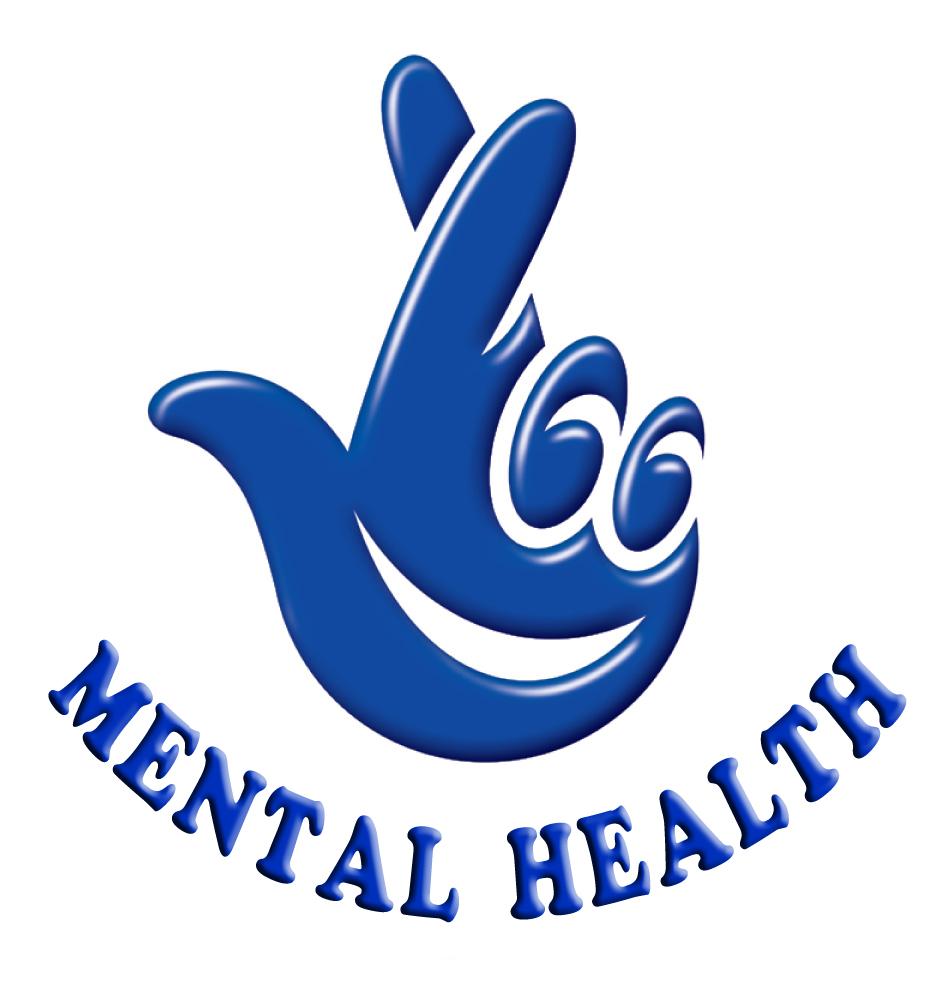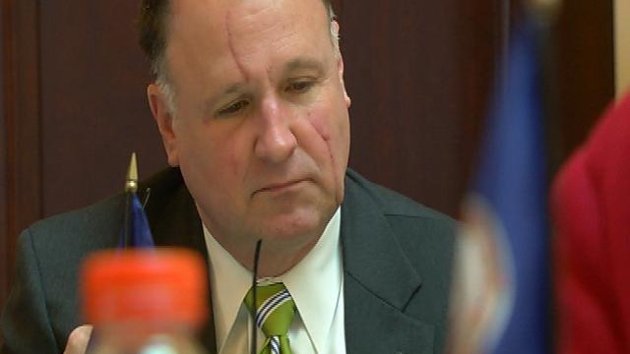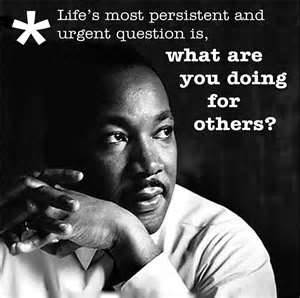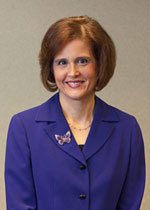
Why do some communities have better mental health services than others? In a recent Op Ed published in The Washington Post, I took my home state of Virginia to task because our outgoing governor appointed yet another task force to study mental health — the 16th in recent years. In that opinion piece, I describe the four “secrets” to success that I have found during my travels.
How does your community fare when it comes to these four earmarks?
Va. doesn’t need another mental health task
By Pete Earley, The Washington Post
Virginians should be embarrassed and angry that a newly appointed state mental health task force convened Tuesday in Richmond. It is the 16th task force asked to investigate the state’s mental health system.





